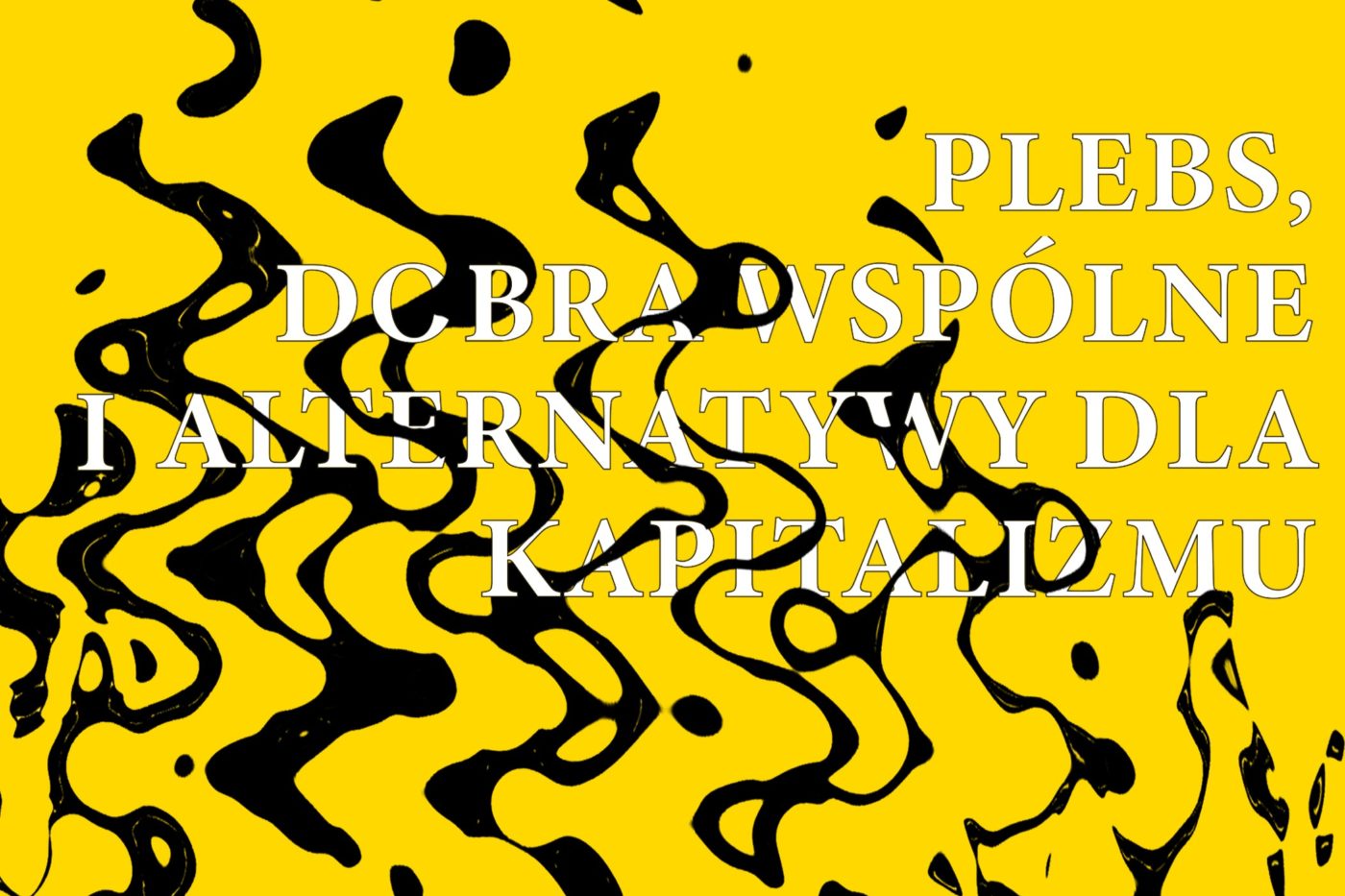Flows, cooperations, circles of the possible. Affective states in late socialism and post-socialist reality
Tomasz Rakowski

The seminar will be held on Zoom (only in Polish). Registration required (open until 26.05.2021) via the application form on our website. We will e-mail the link to the meeting to registered participants. After the lecture, we are planning a discussion which will be streamed on our Facebook and YouTube channels, as well as recorded and archived on YouTube and in Resources on our website. If you don’t consent to making your image public, we ask you to keep your camera and microphone off throughout the entire event. You can send your questions on the chat. Leaving your camera and microphone on will be considered a permission to use your image impliedly. We encourage everyone to join the discussion.
The point of departure for the lecture will be the paper Flows, cooperations, circles of the possible. The anthropology of success (2019) which is an attempt at an in-depth anthropological description of grass-roots development and self-organisation processes in western Mongolia. In the text, Tomasz Rakowski presented forms of cooperation emerging among local new business communities – family, post-pastoral Torghut collectives. The key to their interpretation lies in grasping the grass-roots knowledge of local communities in relation to both the inhabitants of Mongolia, and rural communities in central Poland. The Author will present their activities – economic, social and organisational – as an example of a subversive model of development and change. It’s an image of an alternative social history, and at the same time, a different perspective on the issue of citizenship and social subjectivity, as well as a different understanding of history in the theoretical and methodological sense.
The lecture will refer to the previous book by Tomasz Rakowski, Hunters, Gatherers, and Practitioners of Powerlessness. An Ethnography of the Degraded (2009) – it will be an attempt to understand how the mechanisms of the self-creation of social subjectivity are formed and function after difficult social turning points and crises, for instance, after a system transformation which brought about chaos and sudden impoverishment. It is the “Archimedean point” of this question – the attempt to understand what joint action and cooperation comprises, and what the desire to make relations informal, ambitious, para-familial, and even “elevating” entails, even if they involve risk and obliqueness. Referring to the work of Begona Aretxagi, Rakowski shows that this is a form of manufacturing the state: subjective and full of affect, a form of producing its mental and causative power. On the other hand, following the considerations of Joel Robbins, he proposes a form of anthropological attention which will be capable of capturing the processes of producing social good and a kind of “flashing” of the state and grassroots movement as doubling and developing social desires.